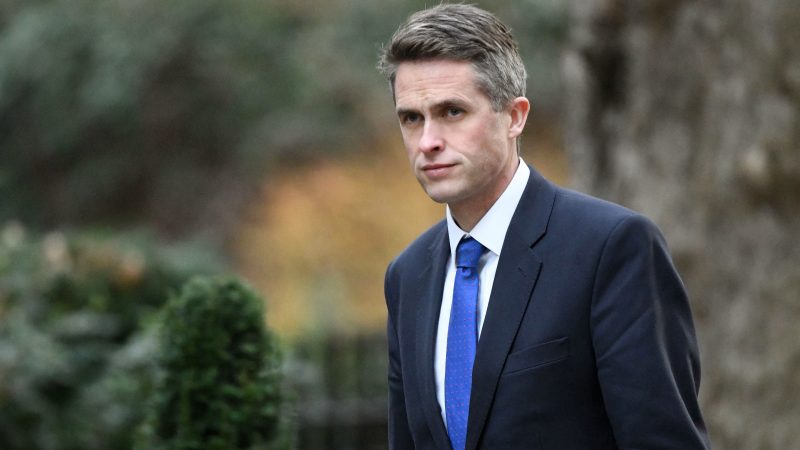
Gavin Williamson’s statement on the 2021 school exams and the pandemic last week refused to follow the sensible Welsh decision to suspend operations. He thus made a bad situation worse. Kate Green was quite right to say that “today’s announcement still bakes in fundamental inequalities between students who have suffered different levels of disruption to their learning”.
Indeed, the ad hoc systems thrown together to replace exams in the first lockdown, understandably operated in haste, reinforced inequality. As Green said, “while grades rose across the board, some pupils – particularly those in private schools – were more likely to see a sharp rise”. Williamson’s first mistake was during the summer, when the government made no attempt to find out why this happened. His second mistake is to fail to adapt to reality.
Green was right to say that if Williamson’s policy of releasing information on the course topics to be examined is followed this will “at best benefit pupils at random” and at worst “mean that pupils who faced the greatest disruption to their learning lost the most”. In the debate, Robert Halfon, Tory chair of the education select committee, pointed out that 798,000 pupils in state funded schools were not in school for Covid-related reasons on Thursday, November 26th, the latest date for which data was available. Absences have considerable implications for all areas of teaching. The psychological impact of being out school is considerable, and loneliness is a growing threat to pupils.
Exams are not exempt. The policy deficiencies start with Williamson’s plan to push back the start by three weeks. Extending the exam deadline for a few weeks is useless. Four months teaching was lost in the first lockdown, March to July, which could not be recovered in weeks. Now the pandemic has returned, syllabus coverage is declining for many students.
It is a fundamental educational principle that students cannot be examined on material they have not been taught. The only students who may have covered the full syllabus are those in boarding schools or who have paid coaching. The MPs put great reliance on laptops being issued for distance learning, but a computer is only a box with equipment inside. Unless the student can access and use the teaching programmes, they have little value.
The Open University employs distance learning to great effect, but puts in massive resources to make sure the students – all adults – know how to use the teaching materials. State schools do not have the resources to provide students with systematic training to benefit from learning programmes, and only the private sector – 7% of students – have the money to invest. Where remote learning is concerned, many teachers in the state sector now face an impossible diktat.
Williamson said primary schools need to provide three hours a day on average of remote education, and secondary schools four hours. “Schools will also be expected to check and provide feedback on pupils work at least weekly.” Fine in theory, but when the pupils disappear from the radar – and it is usually the disadvantaged pupils who do – are teachers supposed to make home visits to check up? The policy is unexceptional, but it will be private and boarding schools with low pupil-teacher ratios who can operate it.
Even if students are not excluded by Covid, there are also growing pressures on school heads, teachers and students as a result of the pandemic. These pressures will impact on the mental health of students who have already faced a unique set of circumstances. There was remarkably little discussion by MPs on the mental impact of thrusting students after major disruption to face the silent challenge of doing exams against the clock. Williamson’s proposal to space the exams further apart merely prolongs the agony.
Williamson’s statement was deficient not only on school policy, but post-school policy. Kate Green asked: “What discussions is the Secretary of State having with colleges and universities to ensure… additional support these students may need will be in place for next September?”. It will be needed, but perhaps not always the same in all subjects. Labour should extend its attack from schools to the transition post-school.
On one point Williamson is right: England needs its exam system. But he has failed to answer the charge that the increased inequality developed by accident last summer will be firmed up – perhaps permanently – next summer. The Tories are scandalously dismissive of the devolved administrations, but on education this is more than usually dangerous for them. Once Wales decided to suspend exams in 2021, there was a competitor in the field of pandemic operations. If Johnson, Williamson and their Brexit backbenchers continue to insist on an exam system that gives no sign of being a level playing field, they should expect to be compared with the Welsh. A smart operator might give in now and do what Wales has done.




More from LabourList
‘Security in the 21st century means more than just defence’
‘Better the devil you know’: what Gorton and Denton voters say about by-election
‘Unity or division’: Starmer’s message to voters in Gorton and Denton